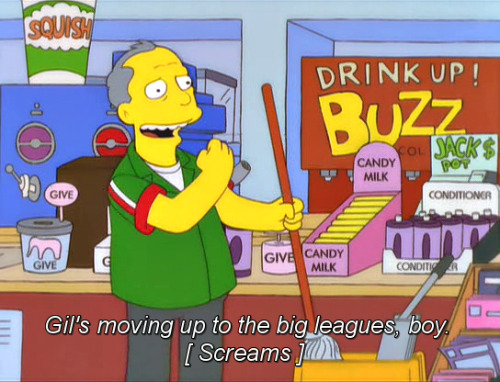I have been working with Andy on a new planter pot product called Sprout, a flat pack planter which will come in a neat DVD-sized packet with seeds, soil, sowing instructions and a wooden pot that is assembled by the user. Kind of like the IKEA of the planter world. It has been in development for the last couple of months (as a break from the job search...) and is slowly but surely bearing fruit.
The London Hack Space - my new home?
I used the laser cutter at the London Hack Space, probably the coolest space around with numerous tools, gadgets and stuff, all for £15 per month membership, open 24/7 and a good atmosphere. |
| Soil comes in a packet |
Working on a Kickstarter too and business plan (Andy's expertise!) and are on track at keeping the sale cost at around £10 each.
Bidoooo - update
In the last post I was chatting about Bidoooo and soon I will be releasing it to the wild in order to check whether it will actually satisfy a need. Oisin sent this great article for inspiration; 'How To Validate Your Business Idea By Testing A Hypothesis!' I thought I would start now with you, so please check out the landing page and let me know what you think: Bidoooo appCheers,
Bryan
hello@suiledesign.com
uk.linkedin.com/in/bryanoregan/
P.S. Know of any product development jobs in London for a MSc in engineering design?! Let me know!







